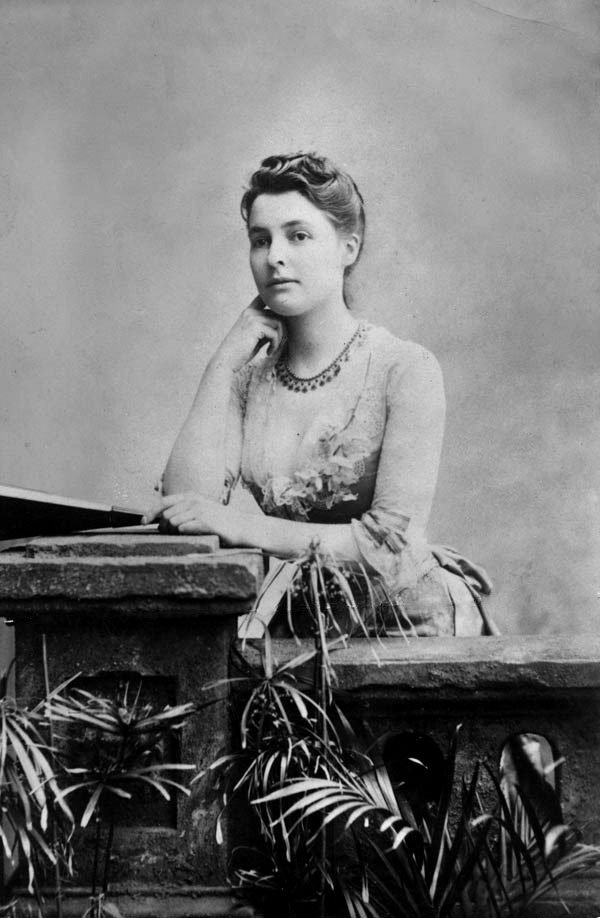
Beatrice Webb started life with more than many other Victorian girls, but she used her advantage to help others in her community rather than herself. Martha Beatrice Potter, known as Beatrice, was born on 22 January 1858, the eighth of nine daughters in a wealthy family. Beatrice was self-taught. She read constantly and frequently had educational conversations with her father’s friends who came to their home. Beatrice and her sisters were allowed to access an education far beyond most Victorian girls, mainly because their father valued female education and actively encouraged debate with no censorship of any topic!
It would have been easy for Beatrice to stay in her comfortable middle class existence, but this was not who she was. All the exposure she had to the realities of the world outside her home set her on a path towards social activism. Through her older sisters and relatives, from a young age Beatrice was able to be a part of social work in London and Lancashire. She wrote about the poverty she encountered, having published nine works of her own and fourteen with her husband Stanley Webb, who she married in 1892. She wanted others to know about the realities of the world they lived in. Just because it was the norm, Beatrice didn’t think it had to continue being that way!
Her publications enabled her to be influential in social reform but also encouraged her to learn and be involved in economics to be help those she cared about. In 1895, as a member of the Fabian Society, Beatrice was a co-founder of the London School of Economics (LSE). Right from the beginning of the LSE, Beatrice promoted the right of women to enroll and study at the school she helped to found. She also taught classes, mainly on trade unionism and free competition in the labour market. In the late Victorian era, the world was beginning to open up to girls and women, but much more work was needed to be able to give equal opportunities to all girls. This was something Beatrice was passionate about.
Today Beatrice’s legacy is debated, but what she believed in and pursued in her life is inspiring. While Beatrice was lucky to be born into a wealthy family, it was unusual for a girl her age to be given the freedom to learn whatever she wanted and to go out into society to question the dominant morals. Beatrice showed us that just because something is considered to be standard, doesn’t mean we have to accept it for ourselves. She was the change she wanted to see. Discuss issues that are important to you with others – this can broaden your horizon. Question beliefs that don’t sit comfortably with you. Challenge society if you think it is holding you back from being the best you can be! Be like Beatrice!
Late in her life Beatrice reflected that “in old age it is one of the minor satisfactions of life to watch the success of your children, literal children or symbolic. The London School of Economics is undoubtedly our most famous one…” (from her diary, 1936). For a woman who dedicated her life to giving more opportunities to those who had none, I’d say she would be happy to see all the women succeeding today as a result of the change she made!
-Monique Brough
Junior Girl
Girl Museum Inc.
